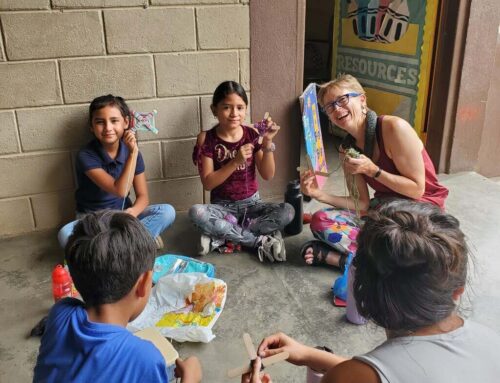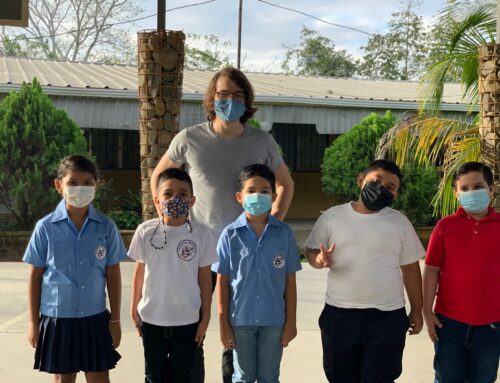I recently just finished a book called Outliers: The Story of Success by Malcolm Gladwell. In the book, Gladwell challenges the notion that success comes purely from our own individual efforts and argues that in fact, the most successful people of our time have had “hidden advantages” and “extraordinary opportunities” which has allowed them to reach such high levels of success.
But what is success? For me the overarching question isn’t how people become successful but what deems a person successful in the first place? The term seems so relative.
In the states there is no doubt that success is primarily measured in a material manner: the amount of money you make, the type of car you drive, how big your house is, all of these things are indications that you have made it big.
However, when I lived in Spain my super hot, George Clooney look-alike professor told me one of the biggest differences between Spain and the United States is the differing idea of what it means to be successful. To Spaniards, success isn’t having a big house with lots of material goods but a loving house with a lot of family to fill it. While we Americans live to work, Spaniards work only enough to live comfortably, happily.
This differing “hunger for success” can even be reflected in our lunch habits. Americans heat up microwave meals and eat at their computers with the thought that saving a few minutes will earn a few bucks. On the other hand, Spaniards sit down and enjoy their 1½ – 2hr long siesta with wine. So who’s winning out? One thing to consider is that both of these definitions of success rely on the fact that each culture places value on a possession, whether it be material or ideological. But what if you have neither?
What if you live to work, but still have no material possessions to call your own. What if you lost everyone and everything you loved and thus cant even find a sense of security or hope to fill the empty void. What then determines whether or not you are successful?
I’m currently living in Honduras and I realized that many people living in this 3rd world country are faced with this problem. Gladwell talked about the “extraordinary opportunities” that set outliers apart from the rest but what if you are never even granted one opportunity – the single opportunity to change your life for the better.
This seems to be the story for many Hondurans. So many continue to live a life of poverty not because they are too lazy or because they don’t want to change, but because they have never been given the chance to do so.
Furthermore, I find that if a Honduran does in fact come across his or her opportunity it is often one of two things: the help of a foreigner who has come to Honduras specifically to offer such services or the decision to make an attempt at crossing the border into the United States. The latter option, which is much more dangerous and least likely to have guaranteed results, still seems to resonate as the only option in the minds of many Hondurans. Even our kids at school joke about how you know you’ve “made it” if you get to live in the States.
So is that what success means to the typical Honduran? Being able to leave their country? I’ve never lived or even visited a country like Honduras where the community at large lacks such a sense of unity. Every country I have traveled to thus far has its own identity but it seems like Honduras is still searching for its own.
Its sad to think that many people here measure success on whether or not they make it out of their country rather than how well they live out the life they have been given here. I realize that we cannot measure success within the same realms for such differing cultures but isn’t it safe to say that even in the poorest of situations a search for change should begin within?
Success in one’s life, whatever it may be, is not a naive thing to wish for yourself nor is it impossible to obtain. I wish that all Hondurans would realize this and more than anything I hope that when our students graduate from SJBS they have at least learned that much – that they can be successful at whatever path they choose to follow if they just put their mind to it.
And so I say to you, students of SJBS, success is not just being able to “make it” to the United States and experience all the luxuries that the first world has to offer. There can be great things accomplished in this 3rd world country and if anywhere could benefit from a generation of innovators and pioneers, it’s Honduras.
In the words of Ghandi, “Be the change you want to see in the world.” For, in my opinion, this is what undoubtedly will lead you to a life of success.








